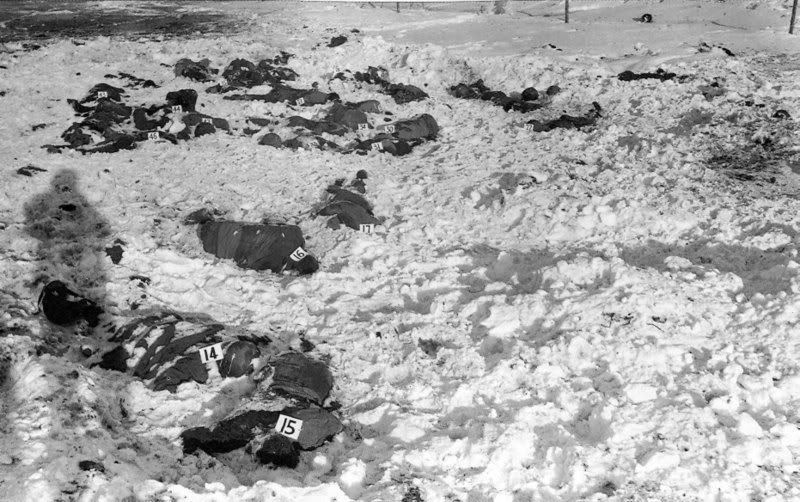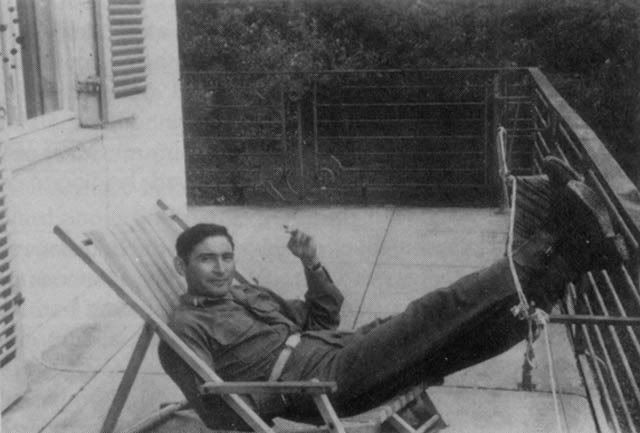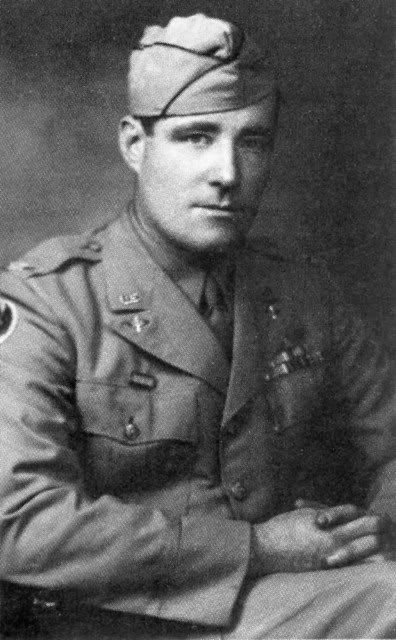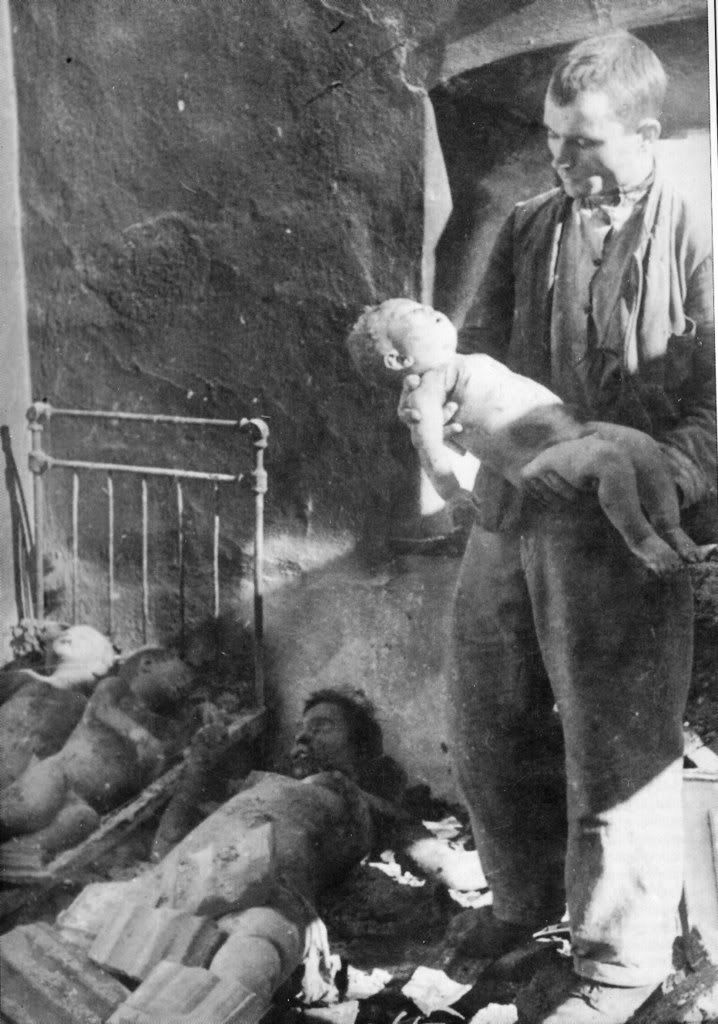Honorable gentlemen,
Excuse me for my impertinence, but it seems to me that evident lack of trustworthy factographic databases has caused a quantity of pretty unnecessary conflicts as well as consequential deficiency of rationally evaluated and logically supported conclusions. Therefore I took the liberty of conveying some reliable, till now undisputed resources.
The first one is The United States Strategic Bombing Survey, established by the US Secretary of War on November 3, 1944, pursuant to a directive from the President Franklin Delano Roosevelt. It was established for the purpose of conducting an impartial and expert study of the effects of our aerial attack on Germany, to be used in connection with air attacks on Japan and to establish a basis for evaluating air power as an instrument of military strategy, for planning the future development of the United States armed forces, and for determining future economic policies with respect to the national defense.
A summary report and some 200 supporting reports containing the findings of the Survey in Germany have been published. On 15 August 1945, President Truman requested the Survey to conduct a similar study of the effects of all types of air attack in the war against Japan.
Aforementioned document is located here:
http://www.anesi.com/ussbs02.htm
And here:
http://www.anesi.com/ussbs01.htm
Here is, for example, one very interesting passage:
[i]The city attacks of the RAF prior to the autumn of 1944, did not substantially affect the course of German war production. German war production as a whole continued to increase. This in itself is not conclusive, but the Survey has made detailed analysis of the course of production and trade in 10 German cities that were attacked during this period and has made more general analyses in others. These show that while production received a moderate setback after a raid, it recovered substantially within a relatively few weeks. As a rule the industrial plants were located around the perimeter of German cities and characteristically these were relatively undamaged.
Commencing in the autumn of 1944, the tonnage dropped on city areas, plus spill-overs from attacks on transportation and other specific targets, mounted greatly. In the course of these raids, Germany’s steel industry was knocked out, its electric power industry was substantially impaired and industry generally in the areas attacked was disorganized. There were so many forces making for the collapse of production during this period, however, that it is not possible separately to assess the effect of these later area raids on war production. There is no doubt, however, that they were significant.[/i]
This colossal and utterly important piece of intellectual effort proffers sufficiently veracious answers to some already allotted questions.
However, we are facing here some much more important questions, honorable ladies and gentlemen, perhaps the most decisive question at all – the problem of human suffering during the war. And I think that honorable Mr. Chevan definitely has the point:
War without the rules - this slogan of Nazi’s total war ( and they were realy did it in Eastern front).
Indeed, with every armed conflict – no matter what kind of it - a tribal conflict, a royal battle between two provinces or just a simple demand of a powerful leader to become more powerful, some rules of engagements were always established not just to protect life but also to show a certain respect towards the enemy. During the European medieval times, for example, the knighthood contained within it several basic rules, which covered the protection of their own lives as well as the lives of others. This is why we still refer to the so-called “principle of chivalry”.
Jean-Jacques Rousseau emphasized in his work, The Social Contract, that a war is not an occurrence between individuals, but between states, and one’s status as an enemy is based just on a coincidence. The goal of these humanitarian rules of engagement was and still is the reduction of human suffering in an armed conflict. Rousseau’s perspective provides the fundamental basis of today’s international humanitarian law, that the physical destruction of an enemy may never be the goal of a military action. International humanitarian law and the Convention on certain conventional weapons has to be understood against the backdrop of these basic, intrinsically humanistic principles.
The original turn within international law was initiated by Henry Dunant, who observed the effects of munitions on soldiers at the Battle of Solferino in 1859. Until then Europe’s aristocracy had seen war as glorious. Dunant’s documentation of the reality in A Memory of Solferino changed this perception. In 1863 he and four other Geneva dignitaries created the International Committee of the Red Cross and drew up the First Geneva Convention, which protects sick and wounded soldiers and those caring for them from further attack. The past 100 years have seen many turns of this continuous humanistic cycle, as well as some magnificent, but – alas - almost forgotten codifications of this benevolent will. Regrettably, insignificant, mainly academic personalities were interested for those scholastic contraptions.
You don’t belive this? No problem. Tell me, gentlemen, who on earth knows, for example, for Declaration of Saint Petersburg – the very first and still effective formal agreement prohibiting the use of certain weapons in war?
http://www.icrc.org/ihl.nsf/WebART/130-60001?OpenDocument
http://www.icrc.org/ihl.nsf/FULL/130?OpenDocument
It had its origin in the invention, in 1863, by Russian military authorities of a bullet which exploded on contact with hard substance and whose primary object was to blow up ammunition wagons. In 1867 the projectile was so modified as to explode on contact with a soft substance. As such the bullet would have been an inhuman instrument of war Russian Government, unwilling to use the bullet itself or to allow another country to take advantage of it, suggested that the use of the bullet should be prohibited by international agreement. The Declaration to that effect adopted in 1868, which has the force of law, confirms the customary rule according to which the use of arms, projectiles and material of a nature to cause unnecessary suffering is prohibited. This rule was later on laid down in Article 23 (e) of the Hague Regulations on land warfare of 1899 and 1907. And still, gentlemen, who knows for that? Even better – who cares for some forgotten, ancient balderdashings of old academic fools? What? Unnecessary suffering? :shock: To hell with that – forget the rules or you will die!
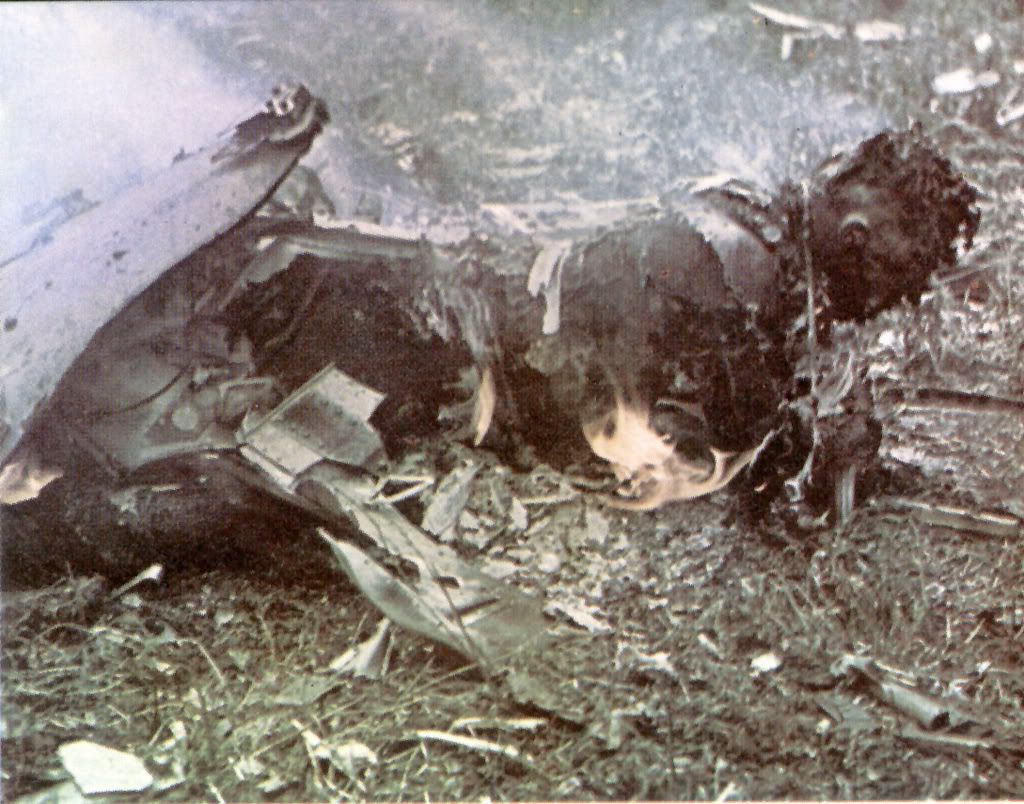
Death by flames in WW II - horrific example of unnecesarry suffering
Yes, honorable gentlemen - generally, history is - alas - nothing else but a junk-yard of glorious humanistic ideals. Have you ever heard for International Declaration concerning the Laws and Customs of War, proposed in Brussels, on August 27th 1874? No? Well, I am not surprised. Just imagine, in that idiotic legal suggestion there was a chapter about Sieges and bombardments, with some really odd suggestions. Please, just look at that stupidity:
http://www.icrc.org/ihl.nsf/FULL/135?OpenDocument
Just a few examples:
Art. 15. Fortified places are alone liable to be besieged. Open towns, agglomerations of dwellings, or villages which are not defended can neither be attacked nor bombarded.
Art. 16. But if a town or fortress, agglomeration of dwellings, or village, is defended, the officer in command of an attacking force must, before commencing a bombardment, except in assault, do all in his power to warn the authorities.
Art. 17. In such cases all necessary steps must be taken to spare, as far as possible, buildings dedicated to art, science, or charitable purposes, hospitals, and places where the sick and wounded are collected provided they are not being used at the time for military purposes.
It is the duty of the besieged to indicate the presence of such buildings by distinctive and visible signs to be communicated to the enemy beforehand.
Art. 18. A town taken by assault ought not to be given over to pillage by the victorious troops.
Sweet Jesus! Egg-headed academic idiots! They were never engaged in a real combat! How can we make a war successful with such a foolhardy regulations. Damned civilians! They are completely unproductive – they have produced nothing really usable, just a pile of true senselessness. And, above all, honest tax-paying citizens have financed that with their hard cash! My Lord…:eek:
http://www.icrc.org/ihl.nsf/INTRO?OpenView
Of course, all previous statements are just embroidered examples of popular triviality regarding international regulations. Tragedy and a hope of contemporary world is concentrated in a verity that no country is exempt from the risks and costs of doing things without regulations. Arming ourselves with the historical facts perhaps we will be able to avoid more then 200 years old malediction and a warning diagnostic pronounced by a Voltaire:
It is forbidden to kill; therefore all murderers are punished unless they kill in large numbers and to the sound of trumpets. 




